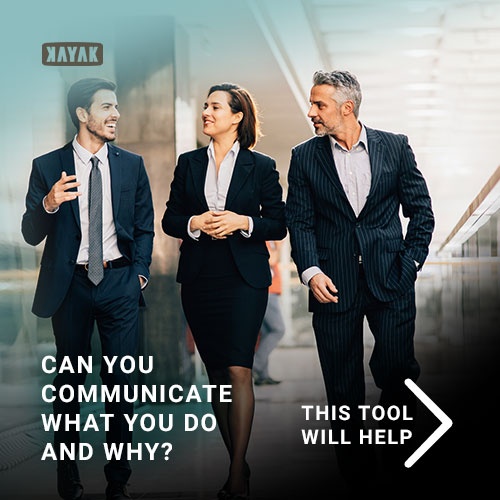Amongst experienced online marketers there is an ongoing debate about whether short or long form landing pages are more effective.
In other words, how much does it take, in terms of text, images and arguments, to find the "sweet spot" where the highest number of potential customers are willing to take the next step and commit to converting on your form?
This is a hard question to answer because there is really no right answer. More accurately, there isn't an answer that's going to work uniformly for everyone. Not only does every company have different kinds of prospects, but different products and services, as well. And, it is likely your conversion goals are different than another's.
In fact, if we buy into traditional online marketing wisdom, we can make a blanket generalization that the length of any given landing page should be more or less equated to the amount of "sacrifice" you're asking someone to make at the end of it.
The Fine Print on Landing Pages
In truth, how much you have to say in your landing pages – or how much you should say – can be dependent on a lot of different intertwining factors, including:
Your audience.
It's not really a secret that adults generally have longer attention spans than kids do, and that people who are used to reading and researching will spend more time on an extensive landing page than casual web surfers will. In other words, know who your pages are for and you'll probably have a good impression of how long or short your initial landing pages should be in addition to that page's position within your sales funnel.
Where your visitors are coming from.
Someone who's just clicking through from a quick article or social post isn't likely to hang around for the equivalent of five single-spaced pages that they weren't expecting it. Also, the more relevant your traffic referrals are, the more interest you're likely get from readers (and thus, the more time you can spend with them).
Your competition.
Although you certainly don't want to be reactive to what your competitors are doing, it pays to know what kinds of landing pages and offers they are deploying. That's partly because you want to know what else your customers are saying, and also because a long-standing competitor might have a set of landing pages that have been tested and refined for success.
Your company's reputation.
The credibility of your business is important, but often overlooked. If people trust your company and know what you're about, they might be willing to read and research a bit more than they would if they've either never heard of you or don't believe your claims.
The value of your offer.
Some requests are extremely straightforward (like an offer to subscribe to your blog), while others might have many different factors (such as a software subscription plan). The more value (and sometimes complexity) that is involved in your offer, the more substantial your landing page content and forms are probably going to have to be.
The price.
This is related to the last point, but a higher price means a higher risk of disappointment for the visitor. And although price is usually thought of in financial terms, the "cost" associated with another commitment like an in-person meeting can be almost as high for some people. The more you're asking from your reader, the more information you might have to give them before they'll be willing to make a decision.
How to Get the Landing Pages You Really Need
Building great landing pages that help you generate leads is a process of message refinement as much as it is offer development. Even so, you have to begin somewhere. With that in mind, the best advice is to know your customer inside and out (something we preach regularly, and for good reason), and then to follow your instincts.
Does the landing page you put together seem like one that your prospect would be interested in? Does the length seem to be too little or too much compared to what you're asking them to do? More importantly, does it say everything he needs to in order for a prospect to make the decision that's best for him or her?
Once you've determined the answers to these questions, you probably have a good start on your landing page, regardless of what kind of product, service, or piece of information you're trying to interest someone in. Then, you can begin the hard work of testing elements and refining it to make sure it's as efficient and effective as it could be.
Use our self-guiding Communication Briefing tool to drill down to the core elements of your offer.




